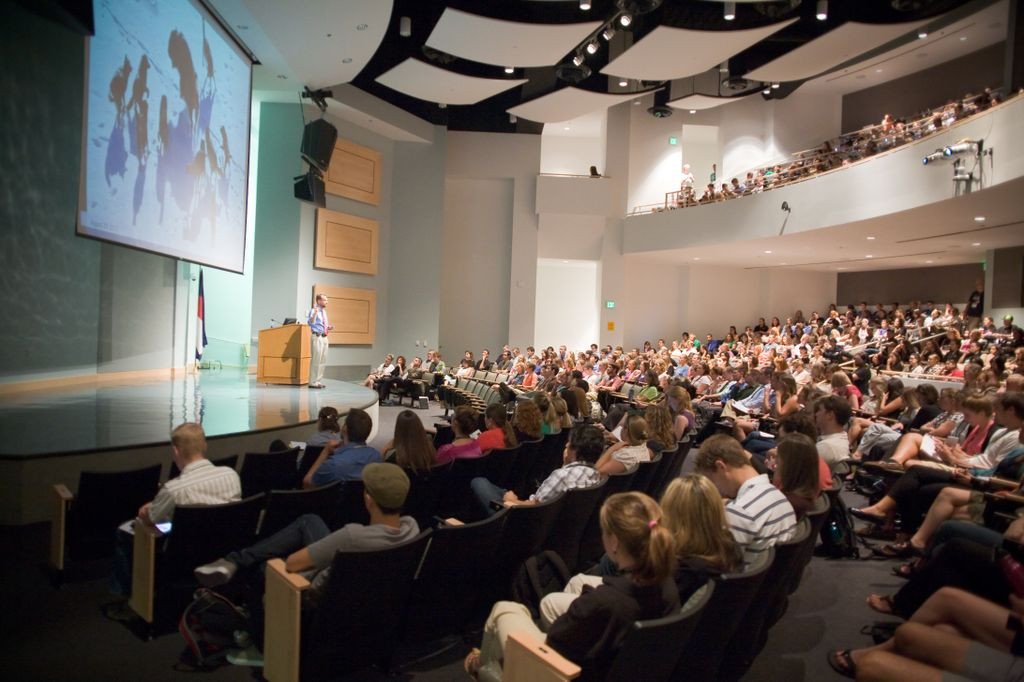
To spur the incubation and evaluation of new ideas, in 2012 Macy and others supported the Institute of Medicine (IOM) at the National Academies to establish the Global Forum on Innovation in Health Professional Education. The Forum brings together a diverse group of experts from across the globe and the health professions to discuss critical issues within health professions education and to illuminate promising innovations for achieving reforms. Its work has been complemented by four collaborations in Canada, India, South Africa and Uganda that piloted innovative, interprofessional activities addressing collaborative leadership (Canada, India, and South Africa) and ethics/professionalism (Uganda). Representatives from each of the four country collaboratives have attended Forum meetings and workshops to provide members with unique perspectives drawn through personal experiences and involvement with their country-based collaborative efforts.
To date, the multi-national, multi-disciplinary forum of over sixty appointed members has produced publications on topics ranging from how to improve health through interprofessional education (IPE) to building the workforce through community-based education. The Forum’s workshop on IPE set the stage for a consensus study with recommendations on Measuring the Impact of Interprofessional Education on Collaborative Practice and Patient Outcomes that were released this past April. Now in its third year, the Global Forum is turning its attention to how best to educate health professionals to address the social determinants of health.
“The Forum is an opportunity to pool a large and diverse group on different issues related to health professions education,” says Patricia Cuff, Activity Director for the Global Forum. “Issues are illuminated, and we are increasingly going outside of health to bring stories and discussions to the table.”
The Value of Different Perspectives
Forum members are primarily academic experts and health professionals representing 18 different disciplines from 8 countries, and the current co-chairs are Malcolm Cox, MD and Susan Scrimshaw, PhD, MA. The founding co-chairs were Afaf Meleis, PhD, DrPh (hon), FAAN and Jordan Cohen, MD.
The Forum’s focus on issues that resonate around the world, is critical, says Cuff. “We need to recognize that we live in a global community and there are huge opportunities for learning from and with others outside of the U.S.,” she said. “Look at Ebola, for example. Ebola quickly came to our doorsteps last year having originated outside of the U.S. where countries have dealt with this and other crises through more collaborative approaches than most health care organizations in the U.S. are willing or able to employ. Such examples of collaboration are great learning opportunities for everyone.”
It’s not just the global perspective that’s important. At some of the earlier workshops there were several lawyers who attended the public gatherings. You might wonder how a lawyer would add to a discussion on IPE: In one instance, a health professions educator with a law degree shared how a course she created helped students be better advocates for their cancer patients, and another lawyer described how he set up a fully-accredited bone marrow registry in Nigeria by working with young professionals and students from a variety of health and non-health professions.
“The Forum is a chance for leaders to come together not just outside their own countries, but outside their own professions,” said Cuff.
Contributing to the Field
Members gather several times a year to explore issues the field is concerned about or thinking about addressing in some way.
“The workshops and meetings that the IOM hosts, including those of the Global Forum, are respected around the world because we are a neutral platform for bringing different sectors together to dialogue about the evidence,” Cuff explained. “It’s not every day that industry and government can be in the same room with academia, research, leaders in health and the general public.”
Forum workshops often generate ideas for topics that require more in-depth exploration through the formation of a consensus study committee comprised of a diverse group of experts who issue recommendations in the name of the academy. Fast-track studies are a mechanism for conducting such studies on a shortened timeline These studies, which follow the same rigorous processes as IOM’s traditional consensus studies, respond to a narrowly focused Statement of Task. Questions raised by Forum members have thus far formed the foundation for two IOM fast-track studies.
“Issues that are boiling up in health professions education, like how to more closely align education and practice or how best to finance health professions education moving forward, are issues that the field is able to confront and prioritize due to the Global Forum,” Cuff said. “It creates a space where controversial topics can be discoursed and where everyone has a seat at the table. The forum is a level playing field where those invested in health professions education are able to learn from and with each other,” she said.
Learn more about the Global Forum’s upcoming meetings and areas of exploration.